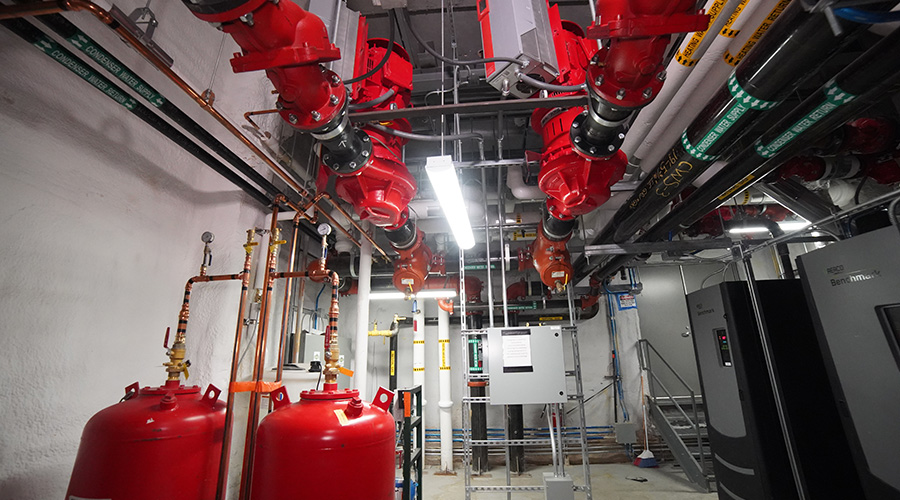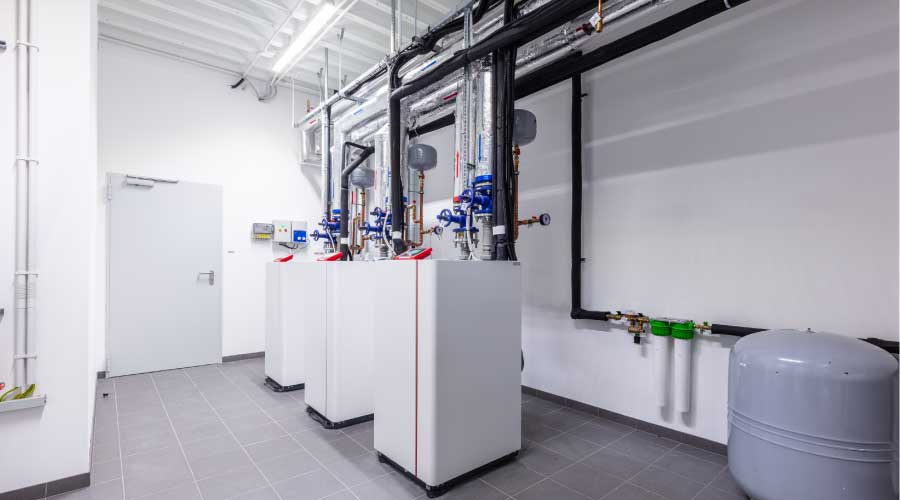The Specter of Mold
 Mold is everywhere. No, I don’t mean in buildings. I’m talking about the flurry of attention and activity surrounding this now-hot topic confronting maintenance and engineering managers, and many other people, too. Consider these two items, only the most recent developments in an issue that already is creating a great deal of work for managers:
Mold is everywhere. No, I don’t mean in buildings. I’m talking about the flurry of attention and activity surrounding this now-hot topic confronting maintenance and engineering managers, and many other people, too. Consider these two items, only the most recent developments in an issue that already is creating a great deal of work for managers:
- The discovery of potentially dangerous mold in August forced the Hilton Hawaiian Village in Honolulu — one of the world’s largest and most prestigious hotels — to shut down a $95 million, 453-room tower. The tower now is undergoing a $10 million renovation to remove the mold.
- The Association of Heating Refrigeration and Air Conditioning Engineers has approved research that will create a database on (mVOCs) microbial volatile organic compounds associated with mold growth in problem building environments. The database will identify mVOCs that might be associated with poor indoor air quality.
Then there is this. In a cover story this month, “Roofing: High-Level Decisions,” a hospital maintenance manager discussing the process of securing capital funding for reroofing projects has this to say about the current environment:
“These days, it’s a little easier because of the specter of mold. We all know what happens when you have mold.”
There was no implication in his statement that managers should wave “the specter of mold” in front of anyone who will listen in an attempt to influence decisions. But there was an acknowledgement that the issue has grabbed the attention of a large segment of the population, many of whom are properly concerned about potential health risks related to the presence of mold.
Together with reports of a school closing in Illinois earlier this year due to the discovery of mold and similar reports from elsewhere around the nation, all of these developments add up to an issue that managers can’t afford to ignore.
Managers are likely to face more and tougher questions from facility owners, occupants and the public about mold. Getting out in front of this issue — inspecting buildings, checking HVAC systems, etc.— offers managers two benefits.
First, it enables them to answer the questions knowledgeably. Second, and more importantly, it charts a course of action managers can take should the specter of mold actually materialize.
Related Topics:








 Mold is everywhere. No, I don’t mean in buildings. I’m talking about the flurry of attention and activity surrounding this now-hot topic confronting maintenance and engineering managers, and many other people, too. Consider these two items, only the most recent developments in an issue that already is creating a great deal of work for managers:
Mold is everywhere. No, I don’t mean in buildings. I’m talking about the flurry of attention and activity surrounding this now-hot topic confronting maintenance and engineering managers, and many other people, too. Consider these two items, only the most recent developments in an issue that already is creating a great deal of work for managers:



